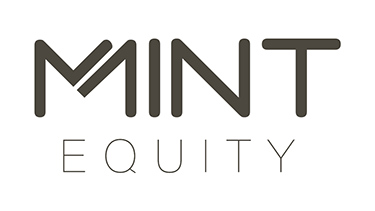Each year, the good people at BIS Oxford Economics prepare the QBE Australian Housing Outlook 2017-2020 report for QBE Lenders Mortgage Insurance – the company that provides insurance (LMI) that consumers pay for to cover the bank’s risk.
It stands to reason, the data produced in this report will help QBE predict the future risks associated with providing insurance, but also provide borrowers with an insight into the future.
Their interest rate forecasts are good news for borrowers, predicting a 0.25% increase on the RBA cash rate over the next three years.
Interest rate outlook
Traditionally, there has been a consistent margin between the RBA cash rate and the standard variable lending rate set by the banks, however the gap has widened in recent years.
Cost of funds since the GFC and regulatory influences have contributed to a differentiation in pricing between owner occupiers and investors.
The QBE report forecasts, “The cash rate is forecast to be stable at 1.5% for much of the next three years. The RBA is forecast to begin to tighten interest rates toward the end of 2019/20 with a 25 basis point increase in the cash rate to head off inflationary pressures as signs emerge of a strengthening economy.
This will take the standard variable rate to 5.45% by June 2020. Equivalent increases are expected in other lending rates, although further pressure by APRA could result in additional out-of-cycle changes.”
Interest only interest rates continue to attract a premium
The increased regulatory focus on interest only borrowing, has attracted a premium for interest only loans. Investors have been paying approx. 1% above the standard variable rate, and owner occupied interest only borrowers incurring between 0.2% to 1% premium, depending on the lender.
The QBE report predicts interest only lending will continue to attract a premium with rates expected to be around 6.00% for owner occupiers and 6.50% for investors in 2020.
Should I fix my interest rate?
Hindsight is a wonderful thing, but we called it in January - 2017 is the year for fixed interest rates. Whilst the official cash rate hasn’t changed, lenders have increased their home loan standard variable interest rates for investors and those wanting interest only.
The data from QBE only forecasts a small increase in standard variable rates over the next three years, investors and interest only borrowers will continue to pay a premium and it’s likely further tightening will increase these rates.
There are restrictions to a fixed interest rate and economic costs if you decide to sell or refinance, so it’s best you speak with an experienced mortgage broker.
References
QBE Australian Housing Outlook 2017-2020


